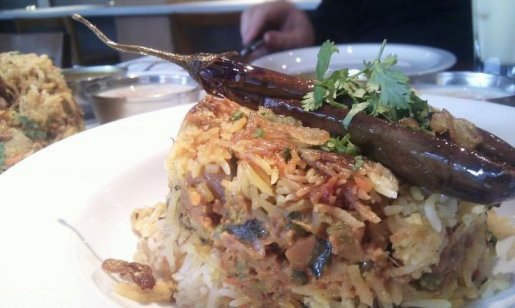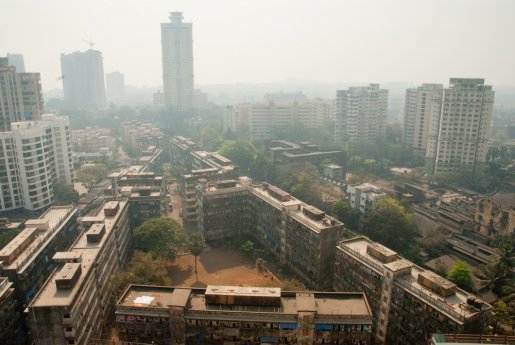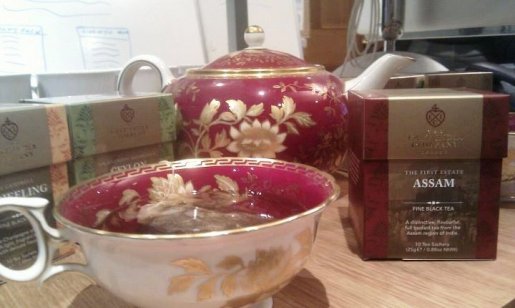As part of India Week, Alex Hayim, a chartered surveyor, describes his experiences of working in real estate in India.
"...and so after years of selling UK real estate to the next big fund or property company I decided that it was time to get out of the comfort zone and head East.
I had always been drawn to India - perhaps in part due to my historic family connections and in part the sheer vibrancy and scale of the place. India was being discussed as the next big thing behind China and I wanted a piece of the action.
It was 2005 and the Foreign Direct Investment route into India had finally opened for non-Indian property companies. With the global market hugely optimistic, all the big Western ‘players' were looking for the next big market to invest in. China, Japan, Korea, Vietnam.
And then there was India with its population of over 1 billion, burgeoning middle-class, cracking but improving infrastructure, highly educated workforce, historic connections and sheer work ethic and warmth of population.
I had been hired by a well-known British property company to go and help set-up their business in India, and it was Mumbai rather than Delhi or Bangalore that was to be home for the next four years.













